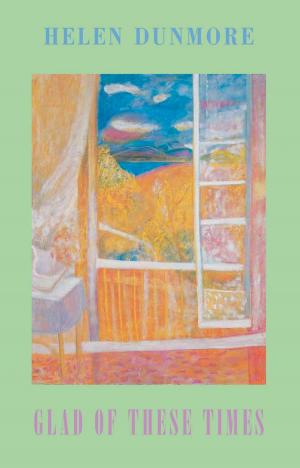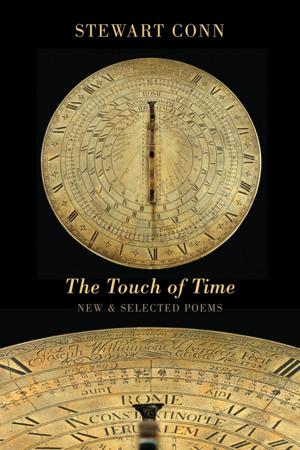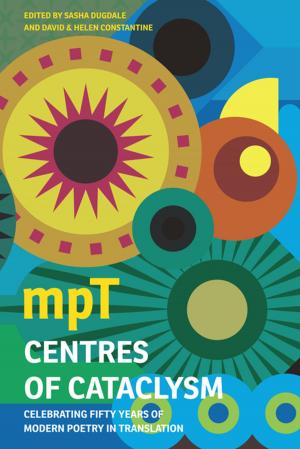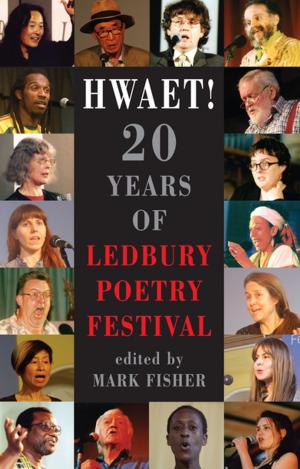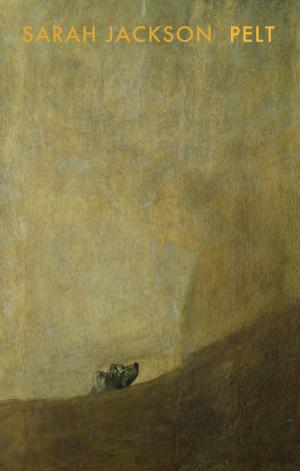| Author: | Penelope Shuttle | ISBN: | 9781780373546 |
| Publisher: | Bloodaxe Books | Publication: | July 7, 2017 |
| Imprint: | Bloodaxe Books | Language: | English |
| Author: | Penelope Shuttle |
| ISBN: | 9781780373546 |
| Publisher: | Bloodaxe Books |
| Publication: | July 7, 2017 |
| Imprint: | Bloodaxe Books |
| Language: | English |
Penelope Shuttle’s new collection explores cities (London, Bristol) on foot and via inward exploration, drawing on architecture, history and personal memory. These are poems drawn from the flipside of experience, undermining and rebuilding syntax in order to precipitate language, and, in the main, abjuring punctuation. The poems also engage both with active and meditative thinking in order to establish a vulnerable and temporary equilibrium; poems more interested in framing questions than arriving at answers. The volatile and tactile realities and delusions of being in the world direct much of the language’s traffic here; there’s a commingling of sadness and wry humour in Shuttle’s travels through our physical and metaphysical worlds. Pared-back imagery and lyric purpose are embodied here throughout in the work of a poet who agrees with Ekbert Faas’s comment: ‘as soon as you have a new syntax, you have a new way of breathing, and as soon as you have that you have a new consciousness’.
Penelope Shuttle’s new collection explores cities (London, Bristol) on foot and via inward exploration, drawing on architecture, history and personal memory. These are poems drawn from the flipside of experience, undermining and rebuilding syntax in order to precipitate language, and, in the main, abjuring punctuation. The poems also engage both with active and meditative thinking in order to establish a vulnerable and temporary equilibrium; poems more interested in framing questions than arriving at answers. The volatile and tactile realities and delusions of being in the world direct much of the language’s traffic here; there’s a commingling of sadness and wry humour in Shuttle’s travels through our physical and metaphysical worlds. Pared-back imagery and lyric purpose are embodied here throughout in the work of a poet who agrees with Ekbert Faas’s comment: ‘as soon as you have a new syntax, you have a new way of breathing, and as soon as you have that you have a new consciousness’.



